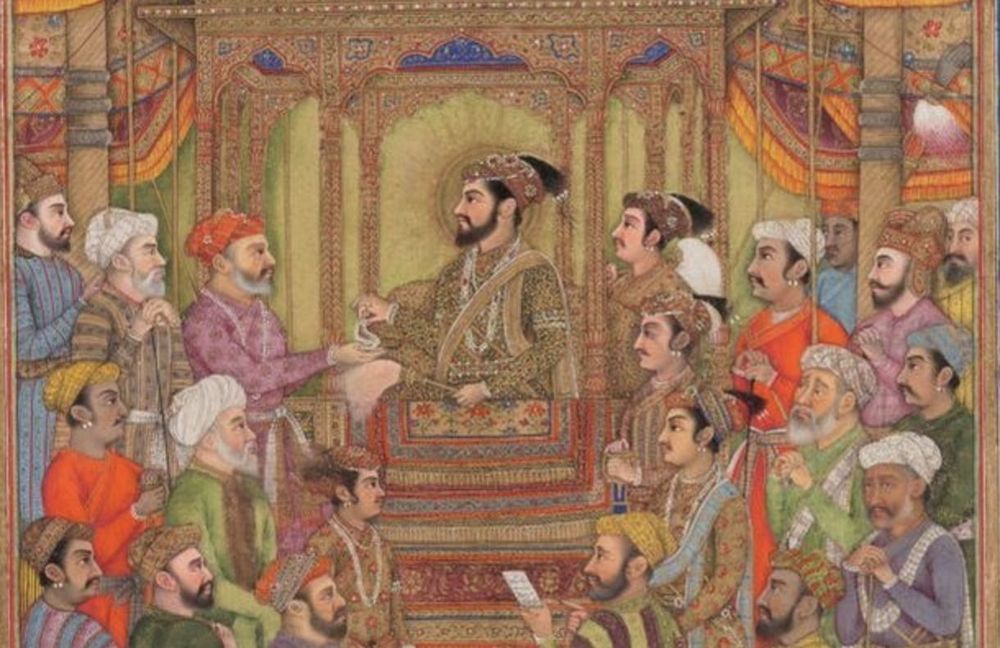Circa 2016
Terahertz imaging can scan pages that would be too fragile to touch.

A new update pushed to Tesla vehicles includes a “live issue detection” feature, which enables them to “keep tabs on certain components to let you know if they need replacing and order parts ahead of your next service visit,” according to a company statement sent to Electrek.
Once the vehicle figures out which replacement part it needs, it pre-orders it to the closest Tesla Service Center. Owners can then schedule a visit through the Tesla app.

Amino acids, just like those that make up every protein in our bodies, have been found in the tails of comets.
Because, following a string of remarkable discoveries over the past two decades, the idea of alien life is not as far-fetched as it used to seem.
Discovery now seems inevitable and possibly imminent.
While life is a special kind of complex chemistry, the elements involved are nothing special: carbon, hydrogen, oxygen and so on are among the most abundant elements in the universe. Complex organic chemistry is surprisingly common.


Too often those in power lump thousands of years of Middle Eastern religion and culture into monolithic entities to be feared or persecuted. But at least one government institution is doing exactly the opposite. For Nowruz, the Persian New Year, the Library of Congress has released a digital collection of its rare Persian-language manuscripts, an archive spanning 700 years. This free resource opens windows on diverse religious, national, linguistic, and cultural traditions, most, but not all, Islamic, yet all different from each other in complex and striking ways.
“We nowadays are programmed to think Persia equates with Iran, but when you look at this it is a multiregional collection,” says a Library specialist in its African and Middle Eastern Division, Hirad Dinavari. “Many contributed to it. Some were Indian, some were Turkic, Central Asian.” The “deep, cosmopolitan archive,” as Atlas Obscura’s Jonathan Carey writes, consists of a relatively small number of manuscripts—only 155. That may not seem particularly significant given the enormity of some other online collections.



Announces the publication of a new 315-page open-access report: “National Longevity Development Plans: Global Overview 2019 (First Edition)”.
It offers comprehensive profiles of relevant initiatives in the UK, the Netherlands, Singapore, South Korea, Israel, Switzerland, Hong Kong, Japan, the USA, Spain, the European Union and China, and utilizes sophisticated analytical metrics to compare the overall strength, focus, proactivity and relevance of their Longevity-related projects, initiatives and development plans.
Link to the Report: https://www.aginganalytics.com/longevity-development-plans
#aging #ageing #longevity #ageingpopulation #demographicageing #aginganalytics #geroscience #governmentlongevity #industrialstrategy

Two hypersonic vehicle prototypes developed by the Defense Advanced Research Projects Agency and the Air Force are due to fly by the end of the year, the agency’s director said May 1.
One vehicle is part of the hypersonic air-breathing weapon concept, or HAWC, program. The other is the tactical boost glide, or TBG, effort, said Steven Walker.
“We’re on track for both to have flights … before the calendar year ends,” he told reporters during a breakfast meeting in Washington, D.C. However, that might be questionable because once “you actually get into the building of these things and qualifying the hardware, … things tend to slip.”

San Diego-based biotechnology company Samumed has recently announced that it will be moving to phase 3 clinical trials of its drug lorecivivint (SM04690) for the treatment of knee osteoarthritis.
What is osteoarthritis?
Osteoarthritis is the most common form of arthritis in the knee and a leading cause of adult disability, particularly among older people. This degenerative, “wear-and-tear” arthritis is characterized by the destruction of the articular cartilage and structural changes to the bone, which leads to pain, inflammation, and loss of joint function and mobility. It occurs most often in people who are at least 50 years old, but it may occur in younger people as well.